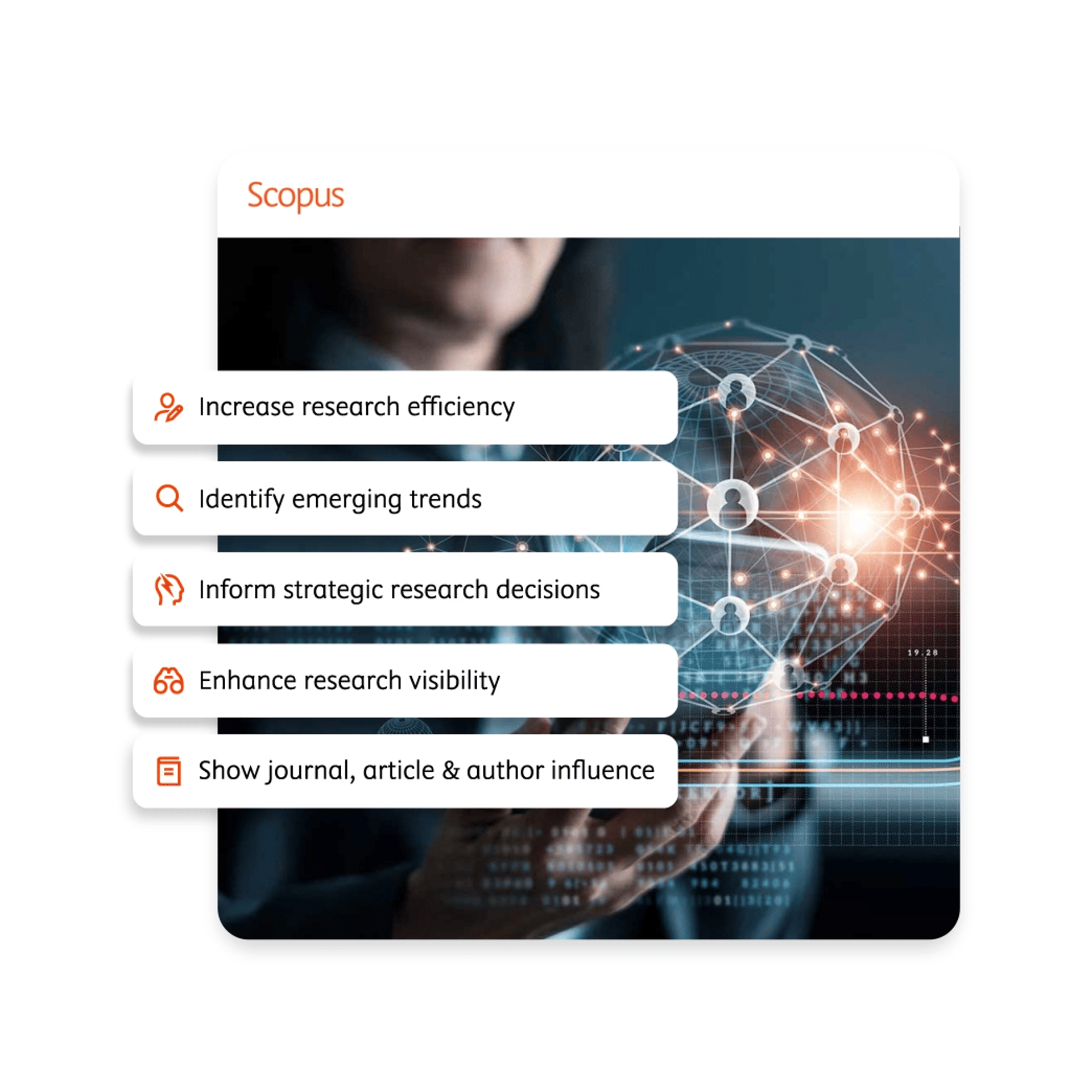
Why is scopus important? Find its importance with examples.
ScRibezonee
8/16/20243 min read


Scopus is an abstract and citation database that covers a wide range of academic disciplines. It is important for various stakeholders in the academic and research community due to its comprehensive coverage, citation analysis capabilities, and tools for research evaluation.
Here are some specific examples highlighting the importance of Scopus:
Comprehensive Academic Coverage: Scopus indexes a vast number of scholarly journals, conference proceedings, and patents across various disciplines, providing comprehensive coverage of academic literature. It is a valuable resource for researchers seeking information in diverse fields.
Example: A researcher in the field of environmental science can use Scopus to discover and access a wide range of journals, conference proceedings, and patents related to their research topic. This comprehensive coverage allows them to stay updated on the latest developments and findings in their field.
Citation Analysis and Impact Measurement: Scopus includes citation data, allowing researchers to analyse the impact and influence of academic publications. Citation metrics, such as h-index and citation counts, are often used to assess the significance of a researcher's work.
Example: An academic institution evaluating the impact of its researchers may use Scopus to assess citation metrics such as the h-index and citation counts. This information helps in identifying influential researchers and gauging the impact of the institution's research output.
Research Evaluation and Funding Allocation:Institutions and funding agencies use Scopus data for evaluating the research output and impact of individuals, research groups, and institutions. It is a tool for assessing research productivity and making informed decisions about funding and collaborations.
Example: A funding agency responsible for allocating research grants may use Scopus to evaluate the research productivity and impact of grant applicants. This information aids in making informed decisions about funding allocations based on the applicants' contributions to their respective fields.
Global Collaboration and Networking: Scopus facilitates global collaboration by providing a platform for researchers to discover and connect with others working in similar or related fields. It helps foster international research collaboration and interdisciplinary studies.
Example: A researcher looking to collaborate on an international project can use Scopus to identify potential collaborators based on shared research interests. The platform facilitates global networking and collaboration by connecting researchers from different parts of the world.
Literature Review and Research Discovery: Scopus is a valuable tool for conducting literature reviews. Researchers and students can use it to explore existing literature, identify key papers, and stay updated on the latest research trends within their areas of interest.
Example: A graduate student conducting a literature review for a research project can use Scopus to identify key papers, recent publications, and relevant studies in their field. The platform streamlines the literature review process by providing a centralised source of academic information.
Journal Selection for Publication: Authors and publishers use Scopus to identify reputable and high-impact journals for submitting or publishing research papers. Journal metrics provided by Scopus assist in the selection of appropriate publication outlets.
Example: An author preparing to submit a research paper may use Scopus to identify reputable and high-impact journals in their field. Journal metrics provided by Scopus, such as CiteScore and SJR, assist in selecting appropriate and respected publication outlets.
Benchmarking and Comparison: Scopus allows researchers to benchmark their research output against others in the same field, enabling comparisons with peers and competitors. This can be useful for strategic planning and career development.
Example: A research institution may use Scopus to benchmark its researchers' output against global and regional peers. Comparative analyses enable institutions to identify strengths and areas for improvement, aiding in strategic planning.
Alerts and Notifications for Research Updates: Researchers can set up alerts and notifications based on keywords, authors, or specific research topics. This feature helps users stay informed about new publications and developments in their fields of interest.
Example: A researcher interested in a specific research topic can set up alerts on Scopus to receive notifications about new publications and developments related to that topic. This feature helps researchers stay informed and up-to-date in their areas of interest.
Author Profiles for Visibility: Researchers can create author profiles on Scopus, which compile their publications, citation metrics, and collaboration networks. Having a profile enhances visibility within the academic community and helps researchers showcase their work.
Example: An early-career researcher can create an author profile on Scopus, showcasing their publications, citation metrics, and collaboration networks. The profile enhances the researcher's visibility within the academic community and can be used for career development.
Integration with Research Workflows: Scopus provides APIs (Application Programming Interfaces) that allow users to integrate its data into various research tools, applications, and platforms. This enables seamless access to Scopus content within different research workflows.
Example: Research institutions can use Scopus APIs to integrate Scopus data into their research management systems, providing seamless access to Scopus content within their existing workflows and platforms.
In summary, Scopus is a versatile tool that serves the needs of researchers, institutions, and funding agencies by offering a wealth of information, analysis tools, and collaboration opportunities in the academic landscape.

